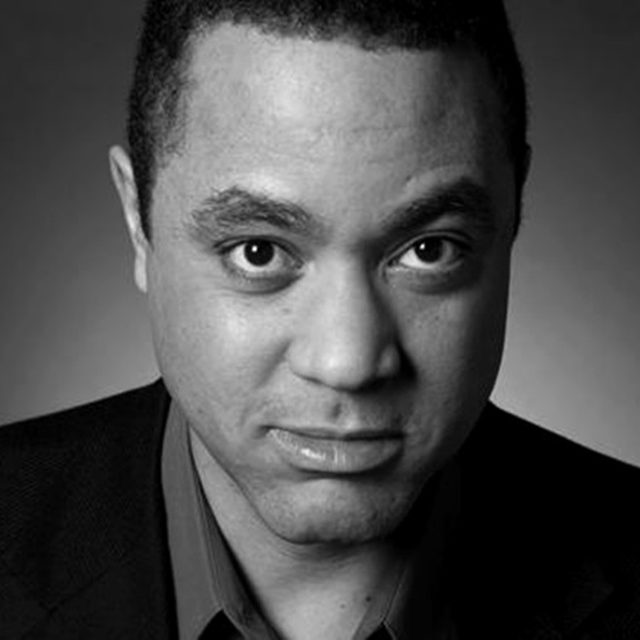John H. McWhorter
What Adults do to Language and How They Create New Ones
Conferencista
Resumo →
John H. McWhorter
What Adults do to Language and How They Create New Ones
Since the Neolithic Revolution 10,000 years ago, certain languages have come to be learned more by adults than children. This kind of acquisition significantly decreases grammatical complexity, and the result is languages much less grammatically complex than most others. This means that the natural state of language is of the grammatical complexity of Slavic languages or many Native American ones, while languages like English and Indonesian are a relatively new type. Then, under other circumstances, adult acquisition simplifies a language to the extent of pidginization, after which this pidgin is transformed into a new language called a creole. These languages are less grammatically complex than others, and are identifiable structurally as new ones. Claims that creoles are simply hybrid languages like all others, or that all languages harbor the same effects from second language acquisition, are not based on a worldwide sample of the world’s languages and cannot be upheld.

